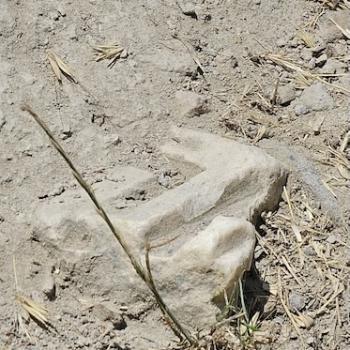Actually, this film should be called deaths (plural) on the Nile, as the bodies keep piling up. If you think you’ve seen this in a movie theater before, you must be reasonably old, like me, as there was a 1978 version with Peter Ustinov playing Poirot the detective, and in 2004 there was a television adaptation. This film was supposed to come out in December 2019, then October 2020, but has just now appeared thanks to the pandemic. As such it was intended to be a direct sequel to Kenneth Branagh’s Murder on the Orient Express which appeared in 2017. Well, boats arrive slower than trains, and this is all about a cruise on the Nile, a 2 hour and 7 minute cruise in a beautiful boat called the Karnak. Intended to be a honeymoon cruise it turns into anything but a honeymoon. The movie indeed includes scenes both at the Pyramids and near Aswan, and finally at Abu Simbel, which took some CG to pull off, because that Ramses and Nefertiri shrine was moved back from the Nile when the Aswan Dam was built, but since this movie is set in 1937, you would not know that.
The film actually begins in 1914 with Poirot as a British soldier in the trenches in Belgium and reveals how he was wounded. It then fast forwards to 1937 and the rest of the movie is set in London and then in Egypt in 1937. Ridley Scott has done a masterful job of showing the opulence of the wealthy and their expenditures on lavish trips and venues and clothes and wine and food and servants and you name it. Occasionally one asks, do we really like any of these greedy people, other than Poirot? Like most of Agathie Christie mysteries it is a ‘whodunnit’ and interestingly Christie actually produced two versions of this story.
Inevitably it is asked how this film differs from the novel. Basically there are two ways— the character Bouc who appears in Murder on the Orient Express is not actually in the original novel of Death on the Nile, but Branagh and screenplay writer Michael Green liked his character and Tom Bateman’s portrayal and so added him. The other major difference is we have a brief origin story about Poirot as the Belgian who fought in WWI, and the story reveals why Poirot the detective has an elaborate moustache. Green has this insightful commentary on the difference in theme between these two Christie novels—- ”
“In each film, we think of it as Poirot versus something new that he hasn’t really dealt with in his personal life,” he adds. “In Orient Express it’s Poirot versus morality, this idea that reality is not black and white, that things are complex. And it is a much more comforting notion to imagine that reality is easy black and white, but life just doesn’t give you that.
“And we thought that the themes of Death on the Nile were very much about love and heat and passion, and that every character would have a chance to tell us what they feel about romance, whether it’s cynical, whether it’s childish, whether it’s romantic with a capital R, whether it’s lustful.
“And that would be a wonderful thing for Poirot to be forced to deal with because as a character he eschews romance. It’s a messy, sticky, ugly thing that really doesn’t fit into his neat 90-degree angled corners. So how much fun would it be for a case that forces him to really think about romance and love, and to be befuddled by it?”
The film is very well done and beautifully filmed, but lacks some of the pizzazz of Murder on the Orient Express. Nevertheless, it was a film well worth watching.












